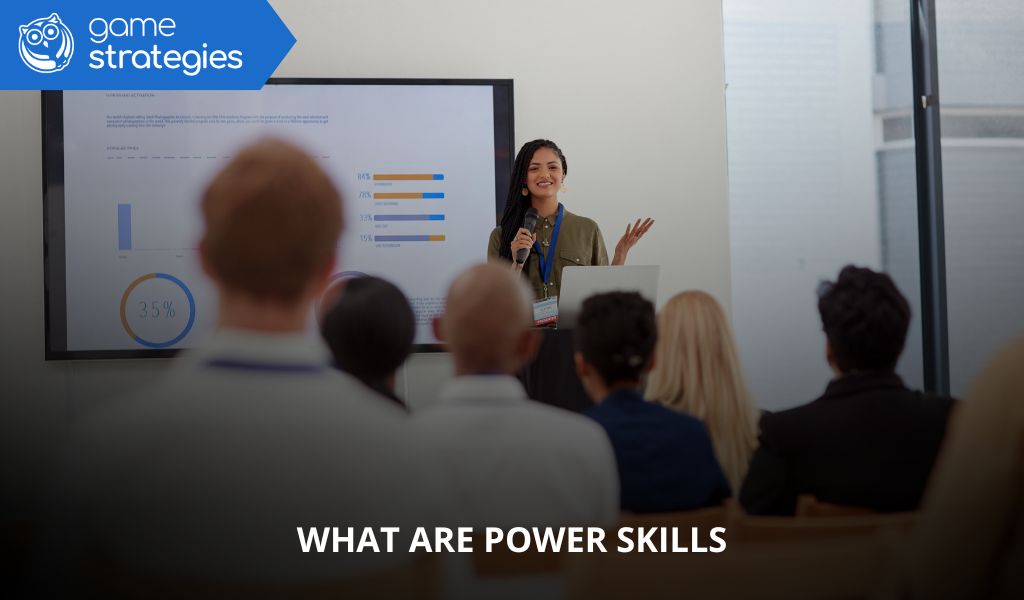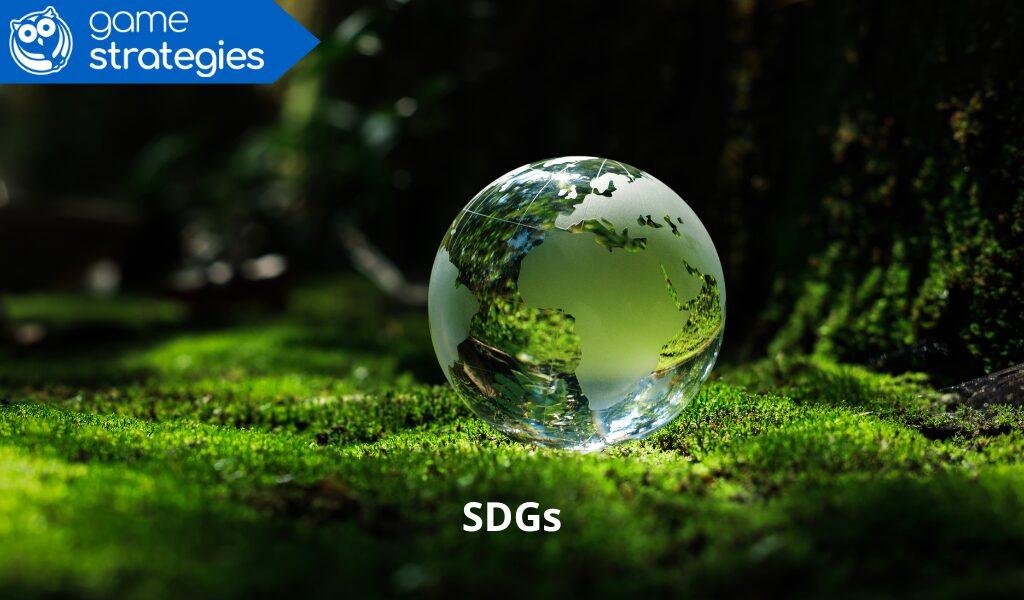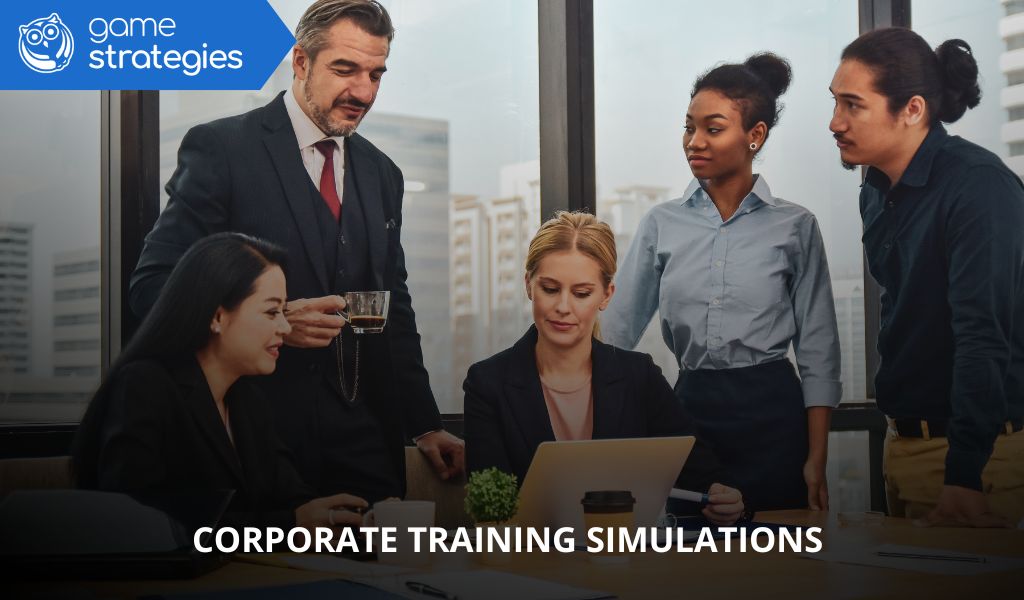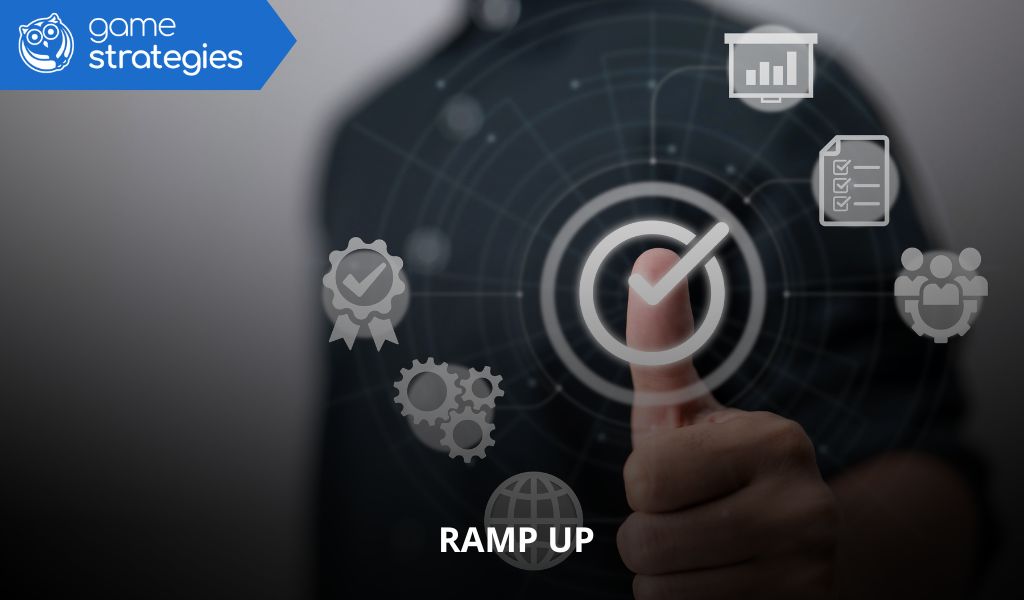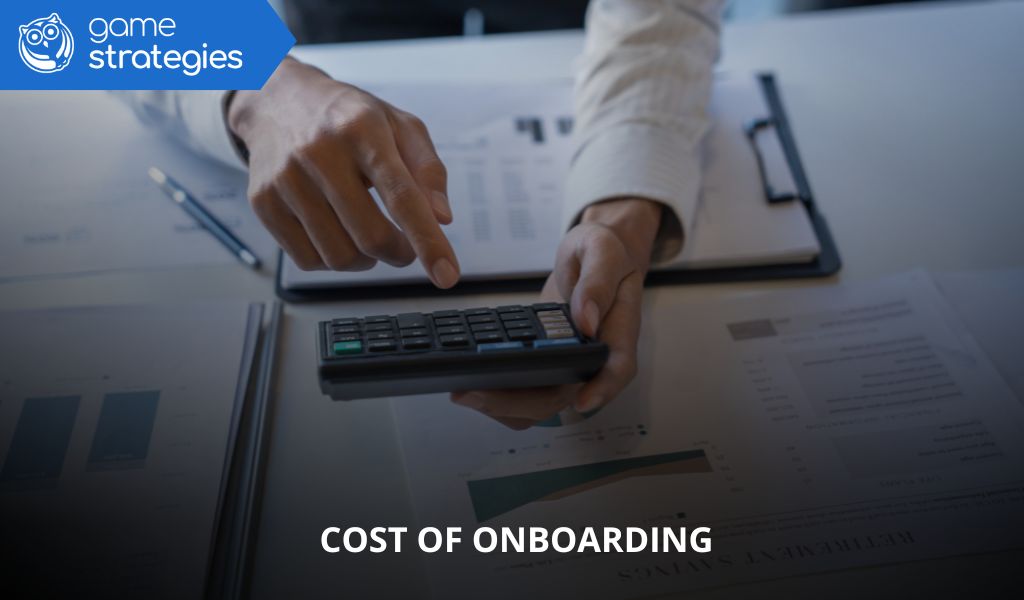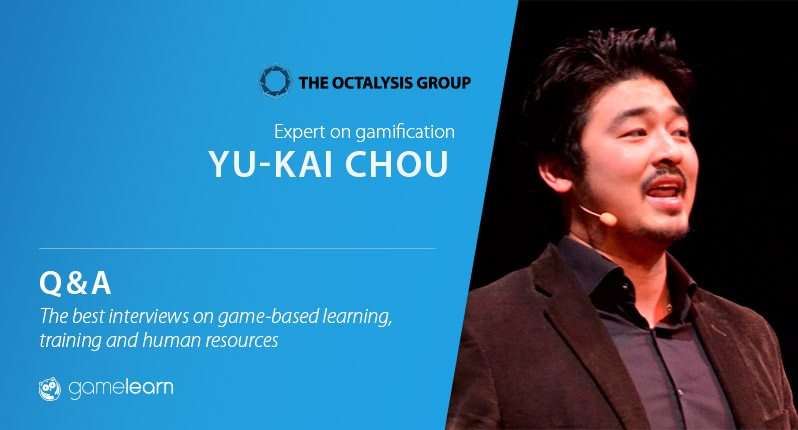In today’s fast-changing business landscape—driven by digital transformation, hybrid work and ongoing uncertainty—technical skills alone are no longer enough to ensure organisational success. The most resilient and competitive companies are those that adapt quickly, collaborate effectively and respond to challenges with emotional intelligence.
This is where power skills come in. If you’re asking yourself what are power skills, you’re in the right place. At Game Strategies, we design experiences that transform teams through these essential human capabilities. Here’s everything you need to know.
What are power skills and why are they so relevant today?
A response to a shifting work environment
The concept of power skills has gained traction in recent years as organisations face the urgent need for teams that can sustain productivity, drive innovation and support collective well-being in a volatile context. These skills are no longer optional—they’re foundational for performance at all levels.
Power skills = well-applied soft skills + hard skills
Power skills are the natural evolution of professional talent. They combine the human dimension of soft skills with the practical application of hard skills. In today’s workplace, coding, design or systems knowledge alone has little impact unless paired with leadership, critical thinking or collaboration.
Take a data analyst, for example—one who not only interprets metrics but communicates insights clearly, aligns them with business strategy, and works effectively across departments. That’s the essence of power skills.
Not new—but more impactful than ever
Soft skills were long seen as “nice to have.” Today, companies recognise that real strength lies in how teams interact, learn, adapt and inspire one another. Power skills are now central to human performance.
The difference between power skills, soft skills and real skills
Though closely related, these terms aren’t interchangeable:
- Soft skills: personal traits such as empathy or communication
- Power skills: the real-world application of those abilities in professional settings
- Real skills: a term used by some experts to emphasise their critical value
Power skills describe not just desirable traits but behaviours that consistently drive results.
What power skills are companies looking for today?
Communication and empathy
Clear communication, active listening and emotional connection help build trust, prevent misunderstandings and enable teamwork—especially in remote or hybrid environments.
Leadership and self-management
Modern leadership is about influence, not hierarchy. Companies value individuals who lead by example, manage themselves, prioritise effectively and stay engaged without supervision.
Adaptability and critical thinking
Adaptable employees learn fast and respond constructively to change. Critical thinking enables them to analyse information, challenge assumptions and offer strategic solutions.
Collaboration and teamwork
True collaboration means listening, respecting different views and contributing through diversity. It’s essential for innovation and organisational resilience.
Emotional intelligence and decision-making
Recognising and managing emotions—your own and others’—leads to better decision-making and healthier, more cohesive workplaces.
Proactivity, business awareness and resilience
Those who anticipate needs, act without waiting for instruction and understand the wider business impact of their work are invaluable assets in any team.
How to train power skills in your organisation for real impact

These skills aren’t acquired through theory alone. To create genuine transformation, training must activate emotion, challenge participants and encourage reflection.
Traditional learning vs immersive experiences
Conventional training focuses on content and assessment. Simulated experiences recreate real work environments, enabling active practice and meaningful learning. At Game Strategies, this is at the heart of our methodology.
The role of simulators, challenges and interactive dynamics
Leadership simulators, communication drills, collaborative exercises or negotiation games reveal behaviour patterns, identify areas for growth and develop skills through real-time experience.
Active learning + immediate feedback = lasting change
Transformation happens when learners are emotionally and cognitively engaged, experience the impact of their decisions and receive actionable feedback they can apply right away.
Real-world examples: how companies are developing power skills
Leadership simulators for high-pressure scenarios
Technology firms are using simulations to train middle managers in decision-making under pressure, effective communication and adaptive leadership.
Virtual dynamics for distributed teams
Remote organisations build cohesion through tools like visual collaboration boards, rotating facilitators or emotional check-in rituals.
Serious games for strategic decision-making
Gamified experiences help teams develop resilience, coordination and critical thinking in simulated crises, conflict or ethical dilemmas.
How to measure the impact of power skills in your organisation
Individual and team performance indicators
Power skills show up in KPIs like engagement, productivity, customer satisfaction or goal completion. They can be embedded into performance evaluations.
Talent assessment tools
Modern platforms offer behavioural tests, simulations and 360º feedback to assess soft skills, providing a clear picture of development progress.
Observation in daily workflows
Beyond exams or quizzes, true power skills are seen in action—during meetings, tough conversations or cross-functional projects.
At Game Strategies we help your teams develop power skills through tech and emotion
We design learning experiences that go beyond theory to spark transformation. Using simulators, challenges and immersive environments, we help your people master the power skills that matter most.
If you want your team to move from knowing to doing—and becoming—you’re in the right place.
Discover more about our training solutions at gamestrategies.io or contact us to design a customised programme for your organisation.
¿De cuánta utilidad te ha parecido este contenido?
¡Haz clic en una estrella para puntuarlo!
Promedio de puntuación 0 / 5. Recuento de votos: 0
Hasta ahora, ¡no hay votos!. Sé el primero en puntuar este contenido.

